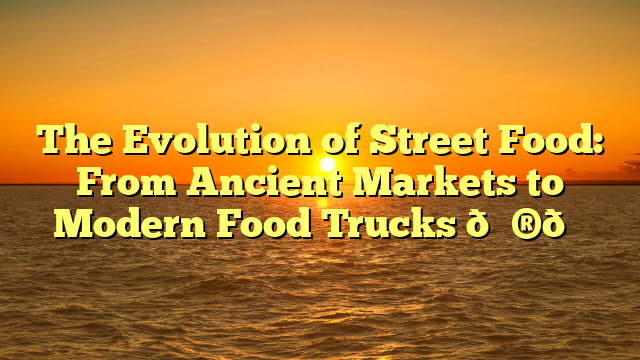
As 2025 unfolds, the global political scene is experiencing significant changes, shaped by elections, international conflicts, economic challenges, and diplomatic negotiations. Countries across the world are facing new leadership battles, shifting alliances, and policy transformations that will influence international relations and governance. This article explores some of the most pressing political developments of the year.
U.S. Politics: A Crucial Election Year
The United States is at the center of global political attention as the 2025 presidential election approaches. With growing concerns over economic stability, immigration policies, healthcare, and foreign relations, candidates are battling to shape the country’s future.
The Biden administration has focused on maintaining strong international alliances, tackling climate change, and strengthening the economy. However, political divisions remain deep, with opposition candidates pushing for stricter border security, tax reforms, and a shift in trade policies. The election is expected to see record-high voter participation, as Americans express their concerns over inflation, job creation, and social issues.
The outcome of this election will not only shape U.S. domestic policies but also impact global politics, particularly in terms of trade relations, military strategies, and international diplomacy.
Europe: Nationalism vs. European Unity
Across Europe, political landscapes are shifting due to economic struggles, energy security concerns, and rising nationalist movements. The European Union (EU) is facing growing internal debates over climate policies, digital regulations, and defense strategies.
Countries such as France and Germany are witnessing political transformations, with leadership changes influencing their roles in the EU. Meanwhile, the UK continues to navigate its post-Brexit economic policies, balancing trade agreements and domestic economic recovery.
The rise of nationalist parties in several European nations has also intensified discussions on immigration policies and national sovereignty. As elections approach in key EU member states, the political direction of the continent remains uncertain.
The U.S.-China Rivalry Intensifies
The geopolitical rivalry between the United States and China continues to shape international relations. Trade disputes, military tensions in the Indo-Pacific region, and technological competition have escalated between the two global superpowers.
China has increased its influence through economic partnerships in Africa, Latin America, and Asia, while also expanding its military presence in the South China Sea. Meanwhile, the U.S. has strengthened its alliances with Japan, Australia, and India to counter China’s growing power.
One of the most critical issues remains Taiwan. With China asserting its claim over the island and the U.S. reaffirming its support for Taiwan’s sovereignty, tensions have reached new heights. Diplomatic efforts are ongoing, but the risk of conflict remains a global concern.
Bayar4D alternatif : Shifting Alliances and Security Challenges
The Middle East is undergoing significant political shifts, with countries realigning their alliances and focusing on economic diversification. Saudi Arabia and the United Arab Emirates (UAE) are investing in technology and renewable energy to reduce their dependence on oil. Meanwhile, Iran’s nuclear program continues to be a point of contention, with negotiations between Tehran and Western powers ongoing.
Israel has expanded its diplomatic ties with Arab nations, but tensions with Palestine persist, leading to renewed international efforts to mediate peace talks. Conflicts in Syria and Yemen also remain unresolved, despite attempts to establish ceasefires and humanitarian aid programs.
The region’s political dynamics will continue to influence global energy markets, security policies, and international relations in the coming years.
Africa and Latin America: Political Unrest and Economic Recovery
In Africa, several countries are facing political instability, with elections leading to protests and power struggles. Nations such as Sudan, Ethiopia, and Nigeria are dealing with internal conflicts, while others, like Kenya and South Africa, are focusing on economic recovery and regional cooperation.
Latin America is also experiencing political turbulence, with countries like Brazil, Argentina, and Mexico facing economic challenges and leadership transitions. Corruption scandals, inflation, and social movements are shaping political debates, as governments attempt to stabilize their economies and attract foreign investments.
Climate Policies and Global Cooperation
Climate change remains one of the most pressing global political issues. Countries are under increasing pressure to implement policies that reduce carbon emissions, invest in renewable energy, and address extreme weather events.
International climate summits have pushed for stronger commitments, but divisions remain between developed and developing nations. While some countries are making significant progress in green energy transitions, others struggle with balancing economic growth and environmental responsibility.
The private sector is also playing a role, with corporations investing in sustainable technologies. However, governments worldwide must work together to create effective policies that combat climate change while ensuring economic stability.
Conclusion
The political landscape of 2025 is marked by elections, shifting alliances, and global challenges. The U.S. election, tensions between China and Western nations, European nationalism, Middle Eastern security issues, and climate policies will all shape the future of international relations.
As the world navigates these political transformations, the importance of diplomacy, cooperation, and strategic decision-making will determine the stability and progress of nations in the years ahead.




